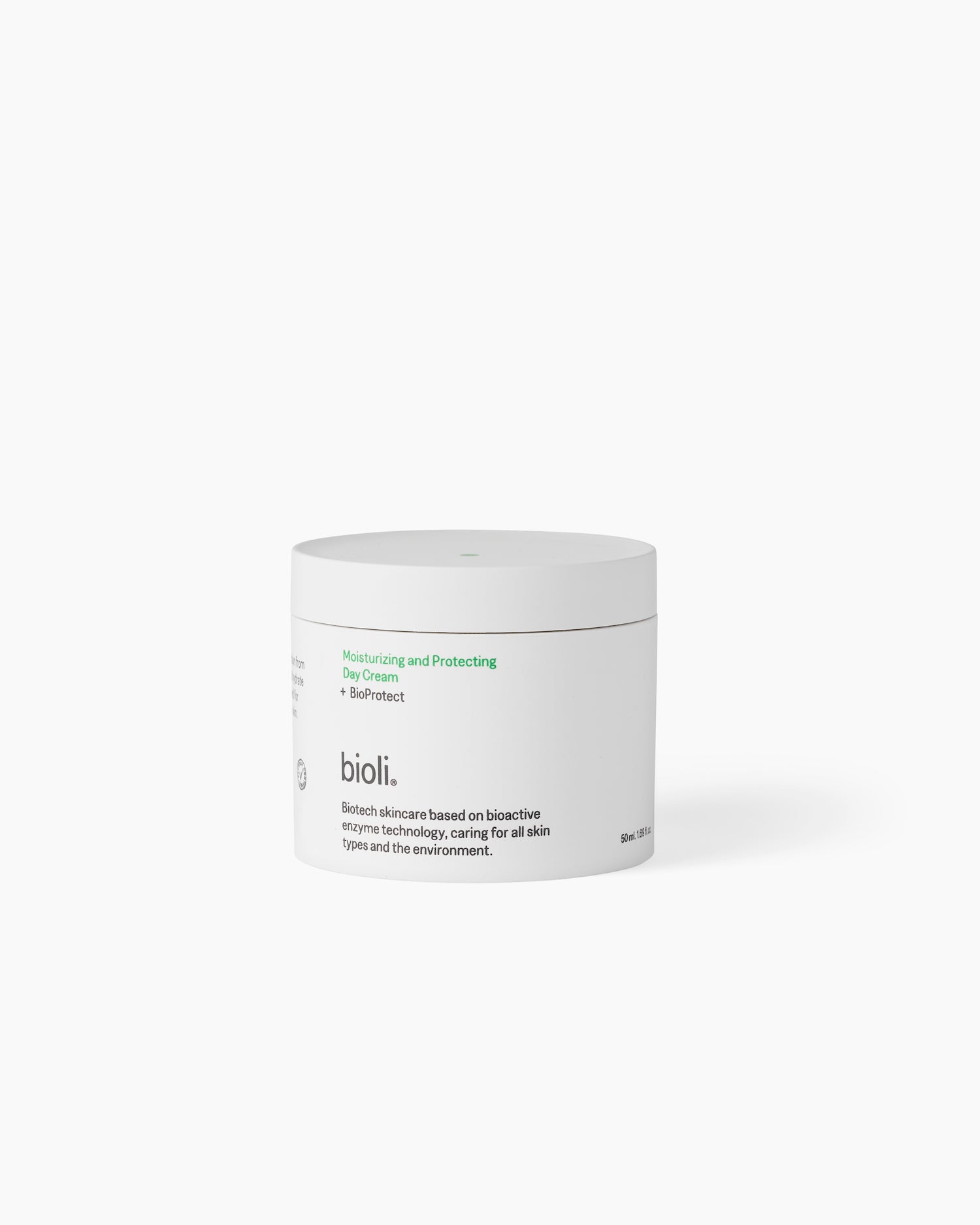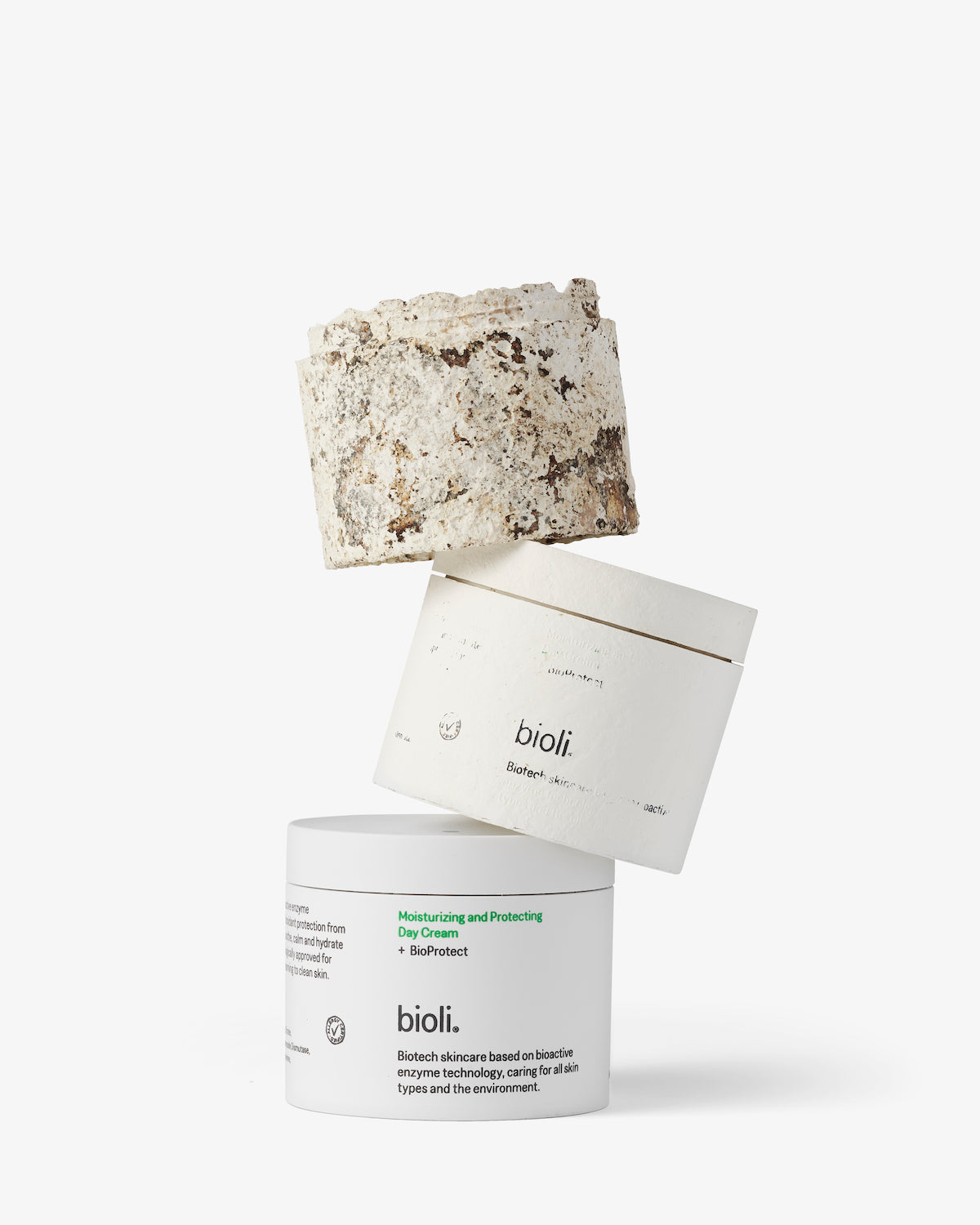What are free radicals?
Free radicals are unstable molecules with unpaired electrons that can damage cells and contribute to aging and various diseases. We are exposed to them through:
- Environmental pollution
- Bacteria
- Sunlight
- HEV light from our phones and computer screens
- Internal stress
- Unhealthy lifestyle
Free radicals are also referred to as everyday aggressors. For instance, according to the World Health Organization, 9 out of 10 people are exposed to air containing dangerous levels of pollutants, defined as physical, chemical, or biological matter found both inside and outdoors.
Serious cell damage
These fine particulate substances can cause serious cellular damage. They contribute to:
- Premature aging of skin including fine lines, wrinkles and sagging skin
- Changes in the skin’s natural melanin production, triggering dark spots
- Inflammation which could mediate skin diseases
- Sensitivity
Diving into chemistry
Now, let’s dive into chemistry and learn how they affect our skin cells. Watch this 1-minute video, where we have simplified the complex science, to understand what happens, or read below what goes on step by step.
- Free radicals are everywhere.
- We are exposed to free radicals through: environmental pollution, sunlight, HEV light from our phones and computer screens, and also through internal stress and an unhealthy lifestyle.
- Free radicals are oxygen-containing unstable molecules, missing electrons from their outer shell. This makes them reactive and search for other atoms or molecules to become stable.
- Antioxidants in our body can give up an electron without becoming unstable.This stabilizes the free radicals and make them stop the search, helping to maintain a healthy balance of free radicals.
- However, excessive free radical exposure leads to an imbalance, which, in turn, causes oxidative stress. Oxidative stress cause cell damage.
- Cell damage contributes to premature aging of skin including fine lines, wrinkles and sagging skin as well as changes in the skin’s natural melanin production, triggering dark spots.
- Continued oxidative stress can also lead to inflammation, which could mediate skin diseases.
- Antioxidants are free radical scavengers. Antioxidants works by neutralizing the free radicals. In this way, antioxidants act as a protective antioxidant shield and first line of cellular defense to protect the skin from cell damage.
- It also enhances the protective effect of your sunscreen as a second line of defense.
- All of which makes antioxidants great to protect your skin from free radicals for a rejuvenated, even and healthy skin.
Protect your skincare against free radicals
We've learned that oxidative stress come from both exogenous and endogenous sources. Although assault from these stressors is inevitable, there are several ways you can protect your skin from the detrimental effects of these everyday aggressors.












